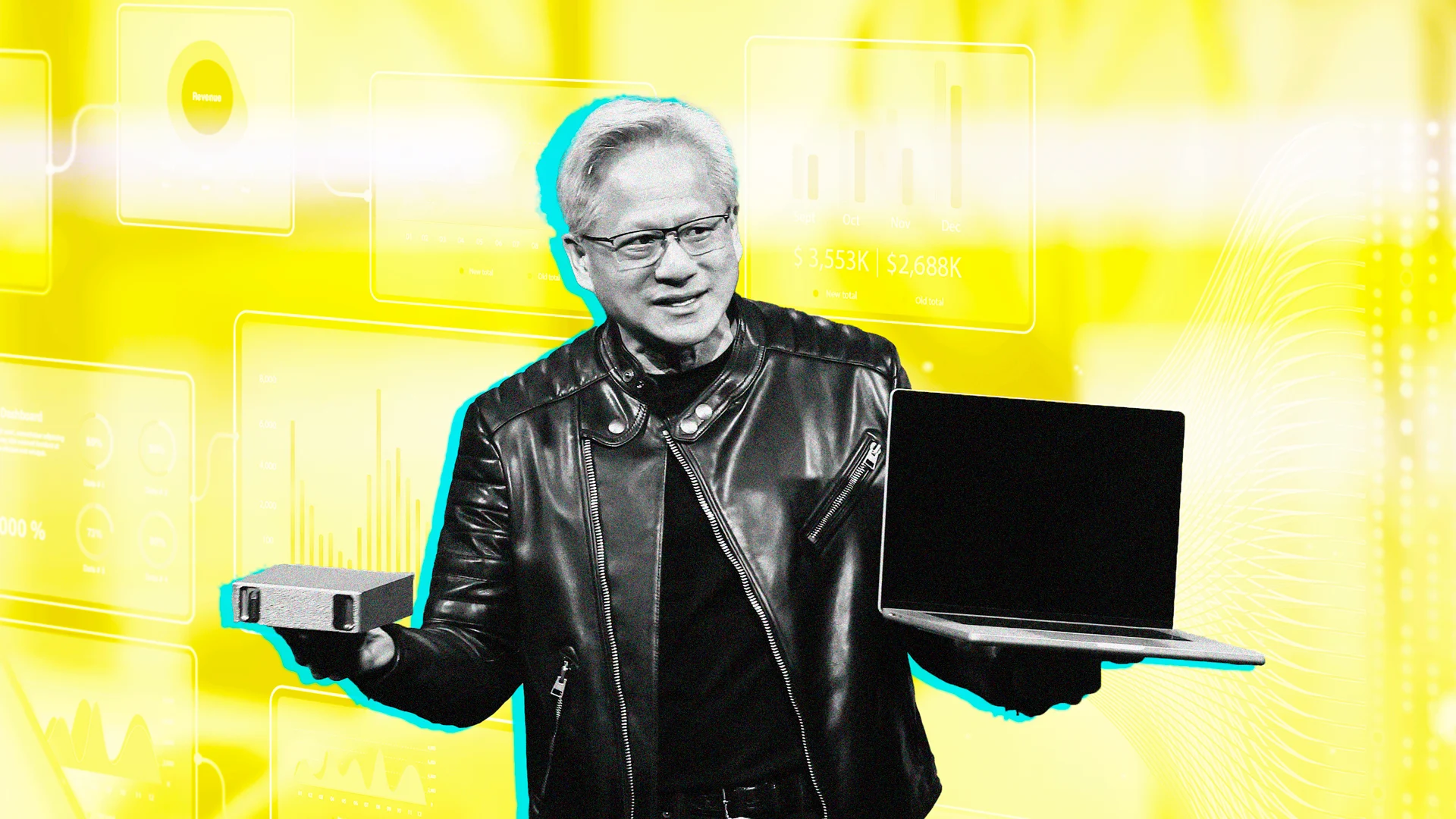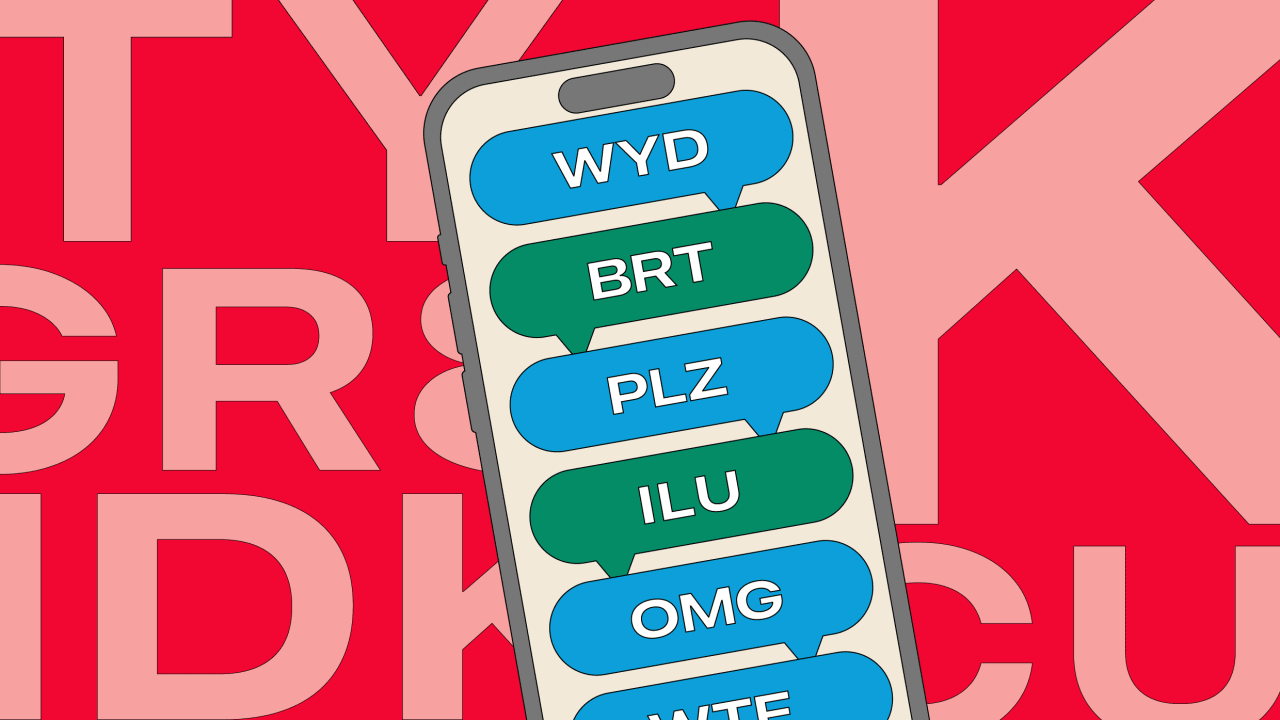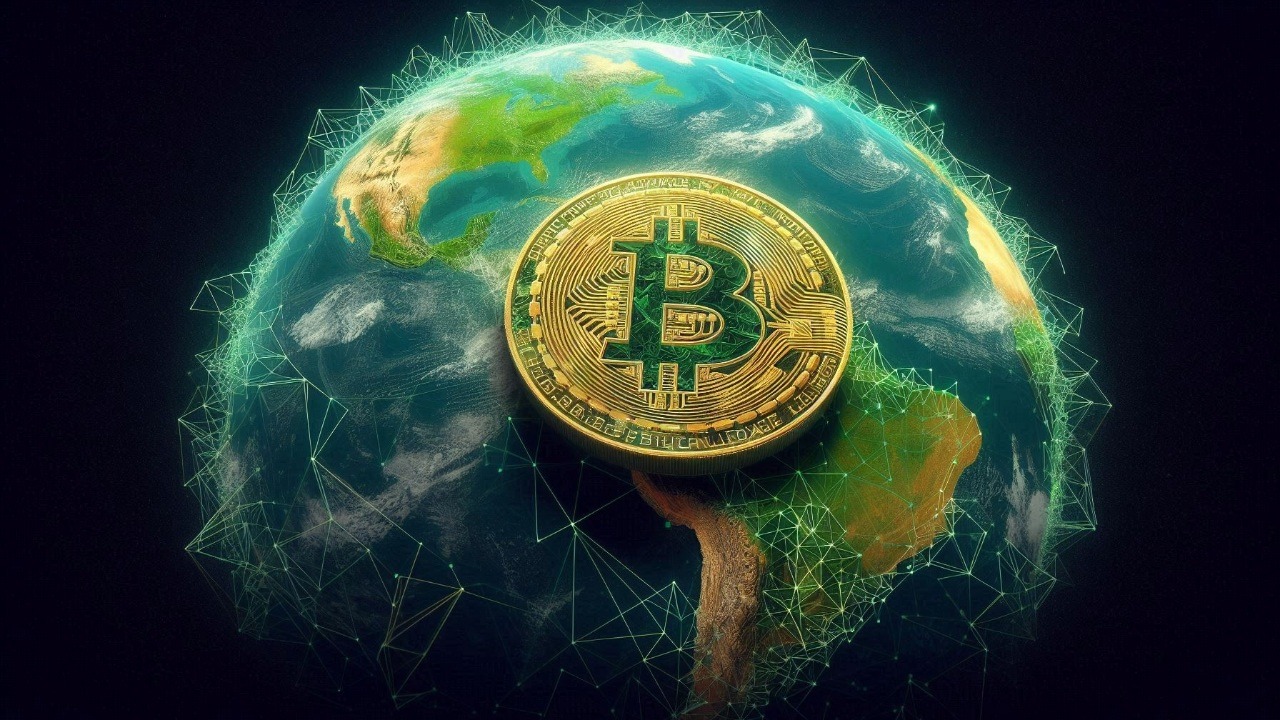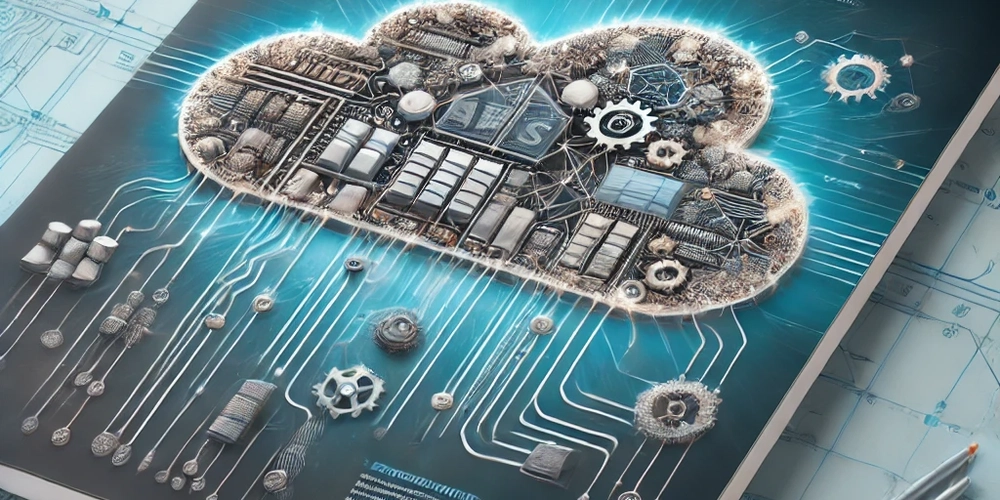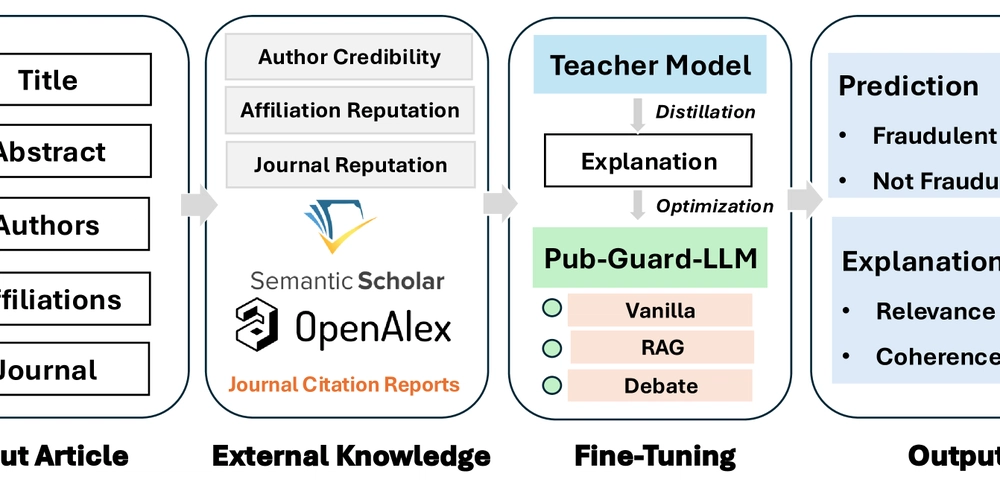Unlocking the Future of Education: The Rising Impact of Mobile Learning
In the 21st century, the world has witnessed a profound change in the way people learn and teach due to the expansion of technology. A significant player in this technological revolution is "Mobile Learning" or m-Learning. More than just a buzzword, m-Learning encompasses learning through mobile devices like smartphones, tablets, notebooks, and now even smartwatches. While traditional education methods remain relevant, the integration of mobile learning presents an enormous potential for the overall expansion and future of education. The pandemic has underscored the power of mobile learning. Overnight, classrooms had to shift online, and mobile devices became the new blackboards. The traditional chalk-and-talk method was swiftly replaced by online video conferencing, digital study materials, and virtual collaboration. One might argue that this sudden leap wouldn't have been possible without the infrastructure laid down by mobile learning. Mobile learning is not just about convenience or its pandemic-driven necessity. It's about encouraging a new way of thinking, a new way of acquiring knowledge and skills, tailored to the needs of the digital age. Traditional classrooms are bound by timeframes, schedules, and physical location, whereas mobile learning eradicates these boundaries. Mobile learning enhances the immersive learning experience. Augmented Reality (AR) and Virtual Reality (VR) apps can bring lessons to life, allow students to explore space from their bedroom, or even dissect a virtual frog! These are experiences that a physical classroom may not efficiently provide. More significantly, mobile learning promotes personalized education. With AI-powered learning apps, lessons can be customized to cater to the learners' pace and comprehension level. It also enables immediate feedback, helping students to adapt and improve more effectively. Collaboration and communication have a new meaning in the mobile learning era. It builds a global classroom where a student in India can work on a project with another in the U.S. without leaving their respective homes. It dares us to imagine a world without educational disparities caused by location or financial status. Further, mobile learning supports lifelong learning. No longer is education limited to the confines of a school or university. With mobile learning, one can acquire a new skill, learn a new language, or even undertake a professional course anytime, anywhere! The benefits of mobile learning are undeniable. However, to fully harness its potential, it is crucial to address issues like the digital divide, internet access, data security, and privacy. It is equally essential to train educators to guide students through a digital learning environment. Nevertheless, mobile learning should not be seen as a replacement for traditional classroom instruction but as a supplement that can enrich it. It's about transforming education from being teacher-centric to learner-centric. It is about empowering students to take charge of their learning journey. In conclusion, the role of mobile learning in the future of education is colossal. It has the potential to revolutionize how education is perceived and delivered globally. Mobile learning compels us to embrace the future right now – A future where education breaks physical boundaries, promotes interactive, immersive learning, and pushes individual potential to its maximum. Embracing mobile learning will not only set the course for the future of education but also equip the next generation for the future world that awaits. It is safe to say that mobile learning isn’t just a part of the education system – it’s the future.
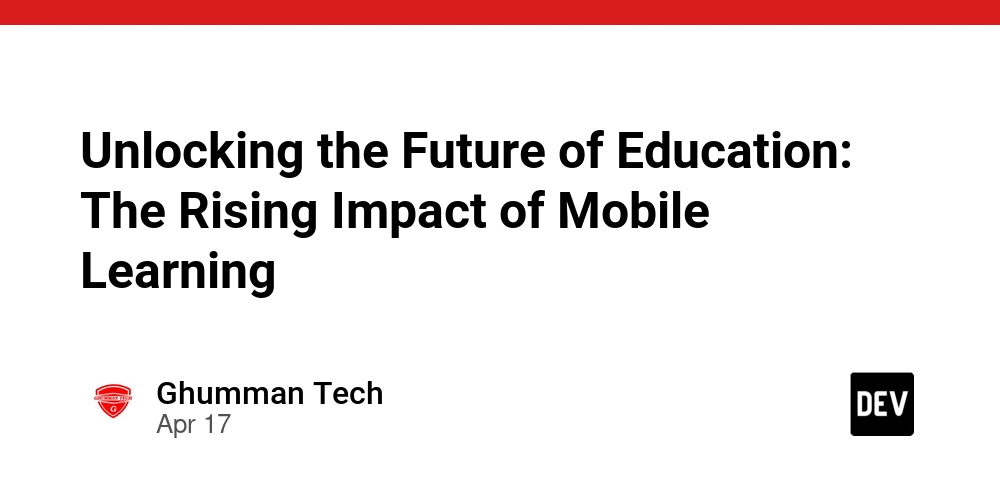
In the 21st century, the world has witnessed a profound change in the way people learn and teach due to the expansion of technology. A significant player in this technological revolution is "Mobile Learning" or m-Learning. More than just a buzzword, m-Learning encompasses learning through mobile devices like smartphones, tablets, notebooks, and now even smartwatches. While traditional education methods remain relevant, the integration of mobile learning presents an enormous potential for the overall expansion and future of education.
The pandemic has underscored the power of mobile learning. Overnight, classrooms had to shift online, and mobile devices became the new blackboards. The traditional chalk-and-talk method was swiftly replaced by online video conferencing, digital study materials, and virtual collaboration. One might argue that this sudden leap wouldn't have been possible without the infrastructure laid down by mobile learning.
Mobile learning is not just about convenience or its pandemic-driven necessity. It's about encouraging a new way of thinking, a new way of acquiring knowledge and skills, tailored to the needs of the digital age. Traditional classrooms are bound by timeframes, schedules, and physical location, whereas mobile learning eradicates these boundaries.
Mobile learning enhances the immersive learning experience. Augmented Reality (AR) and Virtual Reality (VR) apps can bring lessons to life, allow students to explore space from their bedroom, or even dissect a virtual frog! These are experiences that a physical classroom may not efficiently provide.
More significantly, mobile learning promotes personalized education. With AI-powered learning apps, lessons can be customized to cater to the learners' pace and comprehension level. It also enables immediate feedback, helping students to adapt and improve more effectively.
Collaboration and communication have a new meaning in the mobile learning era. It builds a global classroom where a student in India can work on a project with another in the U.S. without leaving their respective homes. It dares us to imagine a world without educational disparities caused by location or financial status.
Further, mobile learning supports lifelong learning. No longer is education limited to the confines of a school or university. With mobile learning, one can acquire a new skill, learn a new language, or even undertake a professional course anytime, anywhere!
The benefits of mobile learning are undeniable. However, to fully harness its potential, it is crucial to address issues like the digital divide, internet access, data security, and privacy. It is equally essential to train educators to guide students through a digital learning environment.
Nevertheless, mobile learning should not be seen as a replacement for traditional classroom instruction but as a supplement that can enrich it. It's about transforming education from being teacher-centric to learner-centric. It is about empowering students to take charge of their learning journey.
In conclusion, the role of mobile learning in the future of education is colossal. It has the potential to revolutionize how education is perceived and delivered globally. Mobile learning compels us to embrace the future right now – A future where education breaks physical boundaries, promotes interactive, immersive learning, and pushes individual potential to its maximum. Embracing mobile learning will not only set the course for the future of education but also equip the next generation for the future world that awaits. It is safe to say that mobile learning isn’t just a part of the education system – it’s the future.









































































































































































![[The AI Show Episode 144]: ChatGPT’s New Memory, Shopify CEO’s Leaked “AI First” Memo, Google Cloud Next Releases, o3 and o4-mini Coming Soon & Llama 4’s Rocky Launch](https://www.marketingaiinstitute.com/hubfs/ep%20144%20cover.png)




























































































































![[DEALS] The All-in-One Microsoft Office Pro 2019 for Windows: Lifetime License + Windows 11 Pro Bundle (89% off) & Other Deals Up To 98% Off](https://www.javacodegeeks.com/wp-content/uploads/2012/12/jcg-logo.jpg)



























![Is this too much for a modular monolith system? [closed]](https://i.sstatic.net/pYL1nsfg.png)










































































































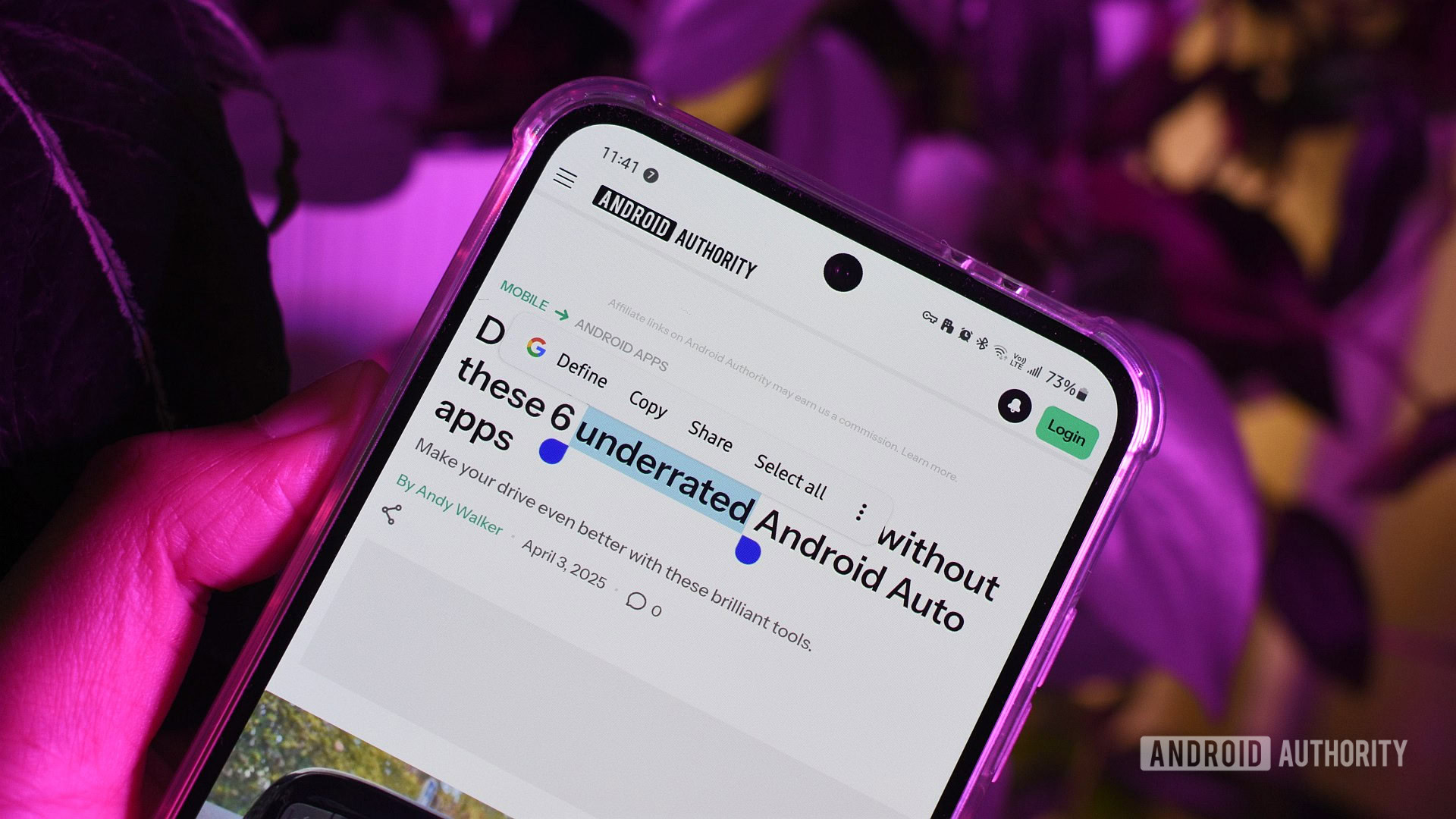











_Andreas_Prott_Alamy.jpg?width=1280&auto=webp&quality=80&disable=upscale#)









































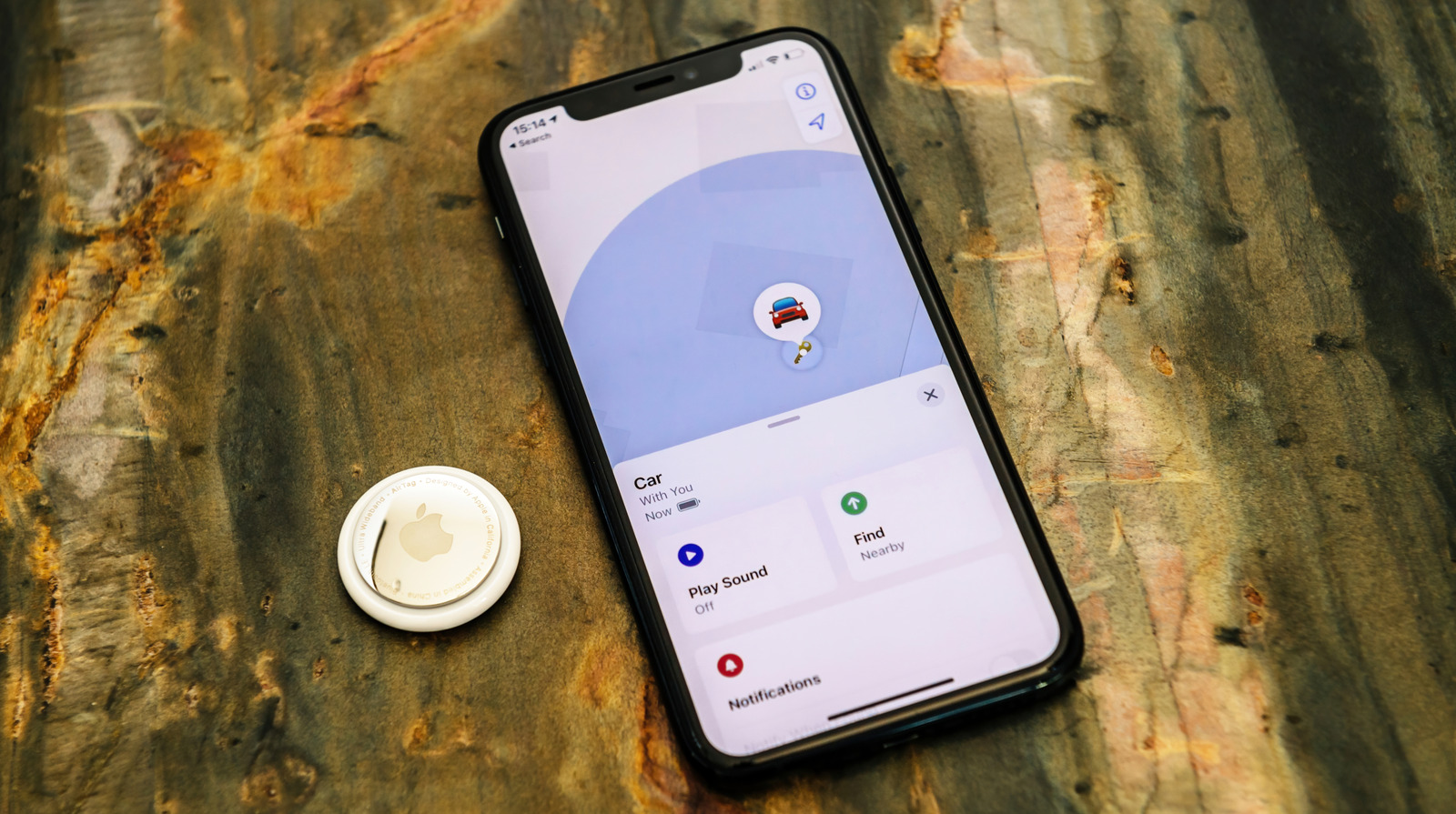






















































![What features do you get with Gemini Advanced? [April 2025]](https://i0.wp.com/9to5google.com/wp-content/uploads/sites/4/2024/02/gemini-advanced-cover.jpg?resize=1200%2C628&quality=82&strip=all&ssl=1)













![Apple Shares Official Trailer for 'Long Way Home' Starring Ewan McGregor and Charley Boorman [Video]](https://www.iclarified.com/images/news/97069/97069/97069-640.jpg)
![Apple Watch Series 10 Back On Sale for $299! [Lowest Price Ever]](https://www.iclarified.com/images/news/96657/96657/96657-640.jpg)
![EU Postpones Apple App Store Fines Amid Tariff Negotiations [Report]](https://www.iclarified.com/images/news/97068/97068/97068-640.jpg)
![Apple Slips to Fifth in China's Smartphone Market with 9% Decline [Report]](https://www.iclarified.com/images/news/97065/97065/97065-640.jpg)





































































